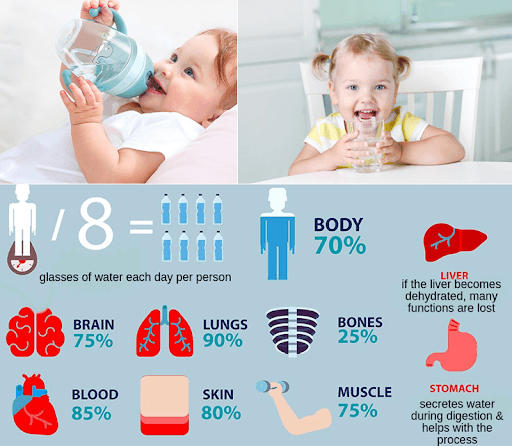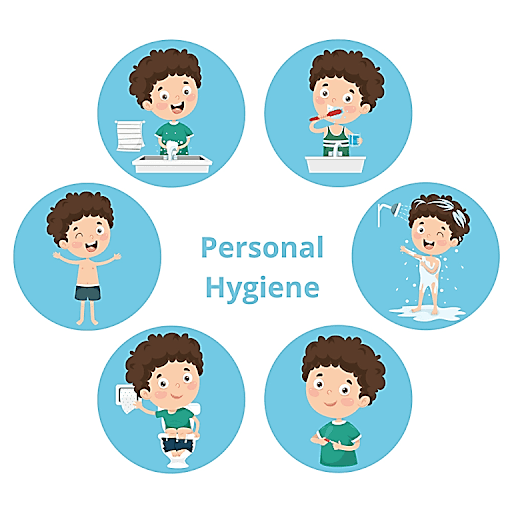
How To Assist Your Child's Development Of Locomotor Skills
Did you know that infants begin to show locomotor abilities as early as 11–12 months of age?
Locomotor skills are essential for a child's overall development, as they involve the ability to move the body from one place to another. These skills are the building blocks for more complex movements and activities, such as sports, dance, and even everyday tasks like walking and running.
What are Locomotor Skills?
Locomotor skills are a set of basic movements that involve the use of large muscle groups and the coordination of body parts. Examples include walking, running, jumping, hopping, galloping, skipping, and leaping.
Different Types of Locomotor Skills
There are several types of locomotor skills, including:
- Walking: the ability to move forward by taking steps with alternating feet
- Running: moving quickly by taking steps with both feet off the ground
- Jumping: propelling oneself off the ground with both feet and landing on both feet
- Hopping: jumping on one foot and landing on the same foot
- Galloping: moving forward with one foot leading and the other trailing
- Skipping: a combination of a step and a hop, with alternating feet
- Leaping: jumping forward with one foot leading and landing on the opposite foot
When Do Children's Locomotor Skills Begin to Develop?
Most children begin to develop locomotor skills around 2-3 years old, but the timeline can vary depending on factors such as genetics, environment, and exposure to physical activities. It's important to encourage and support children's development in this area as early as possible.
Games and Activities that Promote the Growth of Locomotor Skills
There are many fun and engaging games and activities that parents can do with their children to encourage the development of locomotor skills, including:
- Obstacle courses: Set up an obstacle course using household items or playground equipment to encourage running, jumping, crawling, and other locomotor skills.
- Ball games: Play games like catch or soccer that involve running, kicking, and throwing to develop gross motor skills.
- Tag: Running and chasing in a game of tag can help improve speed and agility.
- Dance parties: Dancing encourages coordination and rhythm, which can help with balance and body control.
- Follow the leader: Create a line of movements and have children copy them to develop coordination and body awareness.
- Simon says: This classic game involves following instructions that include different movements, such as hopping or skipping.
- Balance beam activities: Set up a balance beam using a beam, rope, or tape on the floor and have children practice walking and jumping along it to improve balance and coordination.
What Should Parents Do if They Observe Their Child Having Difficulty with These Abilities?
If a parent observes their child having difficulty with developing locomotor skills, they should first consult with their child's pediatrician. The pediatrician may recommend further evaluation or referral to a specialist, such as a physical therapist or occupational therapist.
Conclusion
Developing locomotor skills is crucial for a child's overall physical and cognitive development. By encouraging and supporting their child's growth in this area through fun and engaging activities, parents can help set them up for success in the future.
Get expert medical advice from our team of experienced pediatricians within 15 minutes or emergency-consultation for your child's health and development. Sign up for Babynama's care plans today to get unlimited access to chat with a pediatrician directly on WhatsApp to get answers to your child's health-related queries and the best possible care. Babynama's aim is to provide fast, reliable, and quality healthcare support to parents. Be a part of Babynama today!





